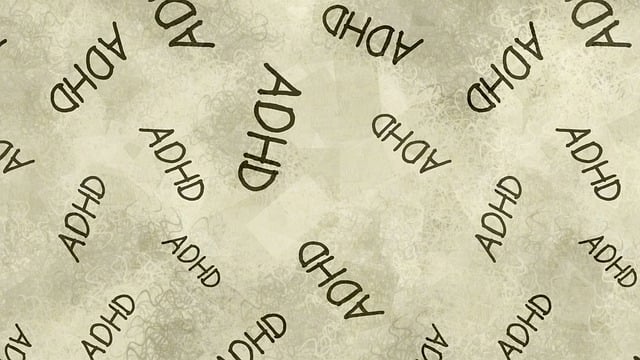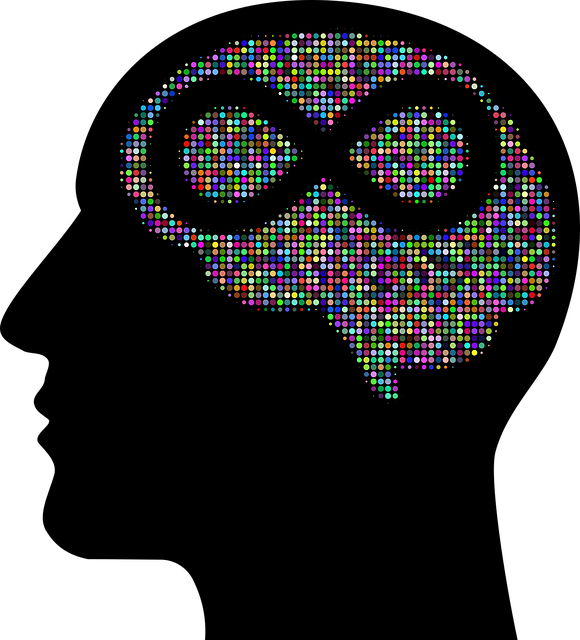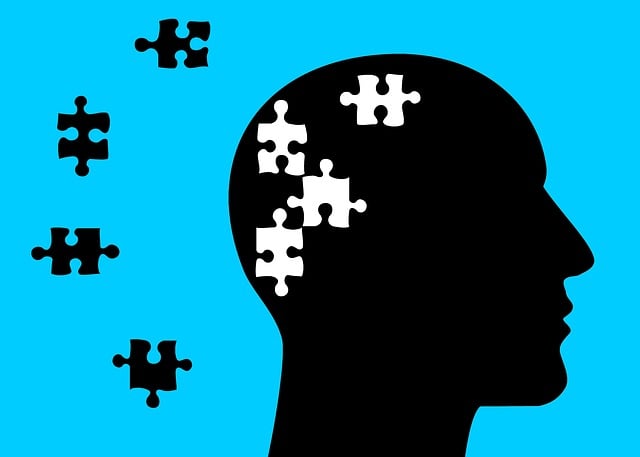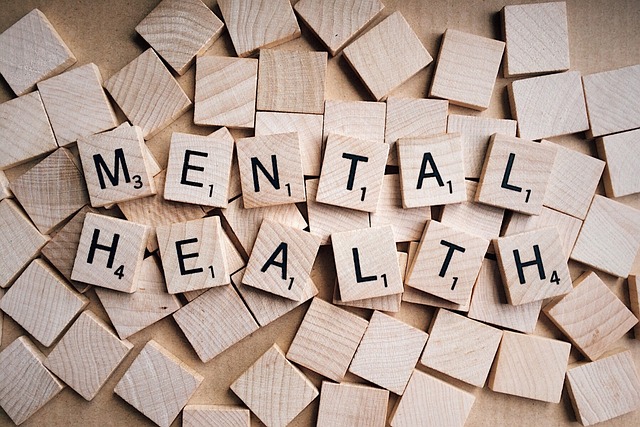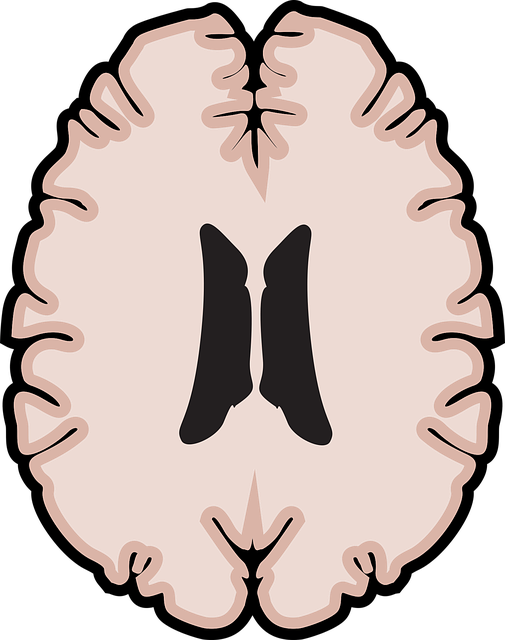Centennial Crisis Counseling Therapy (CCCT) offers structured, intensive short-term interventions for acute crises, focusing on active listening, empathy, and open communication in a non-judgmental environment. Evaluation involves both qualitative (interviews, focus groups) and quantitative (standardized questionnaires) methods to track symptoms of anxiety, depression, self-esteem, and resilience before, during, and after the program. This multifaceted approach ensures tailored, effective mental wellness initiatives that foster continuous improvement for optimal outcomes in navigating the complexities of the Centennial Crisis.
In today’s fast-paced world, mental wellness programs are more crucial than ever. This article explores effective evaluation methods for these initiatives, focusing on the framework of Centennial Crisis Counseling Therapy (CCCT). We delve into strategies for assessing program effectiveness and measuring success to foster continuous improvement. By understanding CCCT’s principles, we can enhance our approach to evaluating mental health interventions, ultimately improving outcomes and supporting individual well-being.
- Understanding Centennial Crisis Counseling Therapy: A Framework for Evaluation
- Methods for Assessing Mental Wellness Programs
- Measuring Success and Impact: Tools for Continuous Improvement
Understanding Centennial Crisis Counseling Therapy: A Framework for Evaluation

Centennial Crisis Counseling Therapy (CCCT) offers a structured framework for evaluating mental wellness programs, focusing on intensive short-term interventions. This approach recognizes that individuals often face acute crises or significant life stressors that require prompt and effective support. By implementing CCCT, professionals can systematically assess clients’ emotional well-being, identify underlying issues, and develop tailored strategies to address them.
The therapy framework emphasizes active listening, empathy building strategies, and open communication to foster a safe and non-judgmental environment. These essential components facilitate client engagement and encourage the exploration of their thoughts and feelings. Moreover, CCCT incorporates burnout prevention techniques, ensuring that both clients and counselors maintain healthy boundaries and sustainable practices for long-term mental wellness. Effective evaluation within this framework involves tracking progress, measuring goal achievement, and integrating feedback to optimize program outcomes and enhance overall therapeutic effectiveness.
Methods for Assessing Mental Wellness Programs

Evaluating mental wellness programs is a multifaceted process that requires a blend of qualitative and quantitative methods. One effective approach involves the use of standardized questionnaires and surveys to gauge participants’ perceptions of their mental health status before, during, and after the program. These tools can assess symptoms of common mental health disorders, such as anxiety and depression, while also capturing self-reported improvements in areas like self-esteem and resilience. For instance, the Centennial Crisis Counseling Therapy program employs pre-post assessment questionnaires to measure changes in participant well-being over time.
Additionally, qualitative methods like interviews and focus groups offer deeper insights into participants’ experiences. These methods allow for a more nuanced understanding of how programs address specific mental health challenges and can identify areas for improvement. For example, healthcare provider cultural competency training evaluations often incorporate focus groups to gather feedback on the cultural sensitivity and inclusivity of education programs design. This comprehensive evaluation approach ensures that mental wellness initiatives are not only effective but also tailored to meet diverse community needs, fostering continuous improvement and better outcomes for all participants.
Measuring Success and Impact: Tools for Continuous Improvement

Measuring Success and Impact is a pivotal aspect of any effective mental wellness program, especially as we navigate the complex challenges of the Centennial Crisis. Tools for gauging progress and impact are essential for continuous improvement in counseling therapy services. One robust method involves utilizing standardized assessments that evaluate symptoms, functioning, and global psychological well-being before, during, and after the program. These tools allow for quantitative analysis, enabling therapists to identify trends and areas of success or concern.
Additionally, qualitative feedback from participants through surveys and interviews provides deep insights into their experiences with Centennial Crisis Counseling Therapy. This feedback highlights the effectiveness of specific interventions, like Mental Wellness Coaching Programs Development, in fostering Mood Management and Inner Strength Development. By integrating these diverse evaluation methods, therapists can tailor services, optimize outcomes, and ensure programs remain relevant and impactful in addressing contemporary mental health concerns.
Evaluating mental wellness programs is a complex yet essential process, and adopting methods like Centennial Crisis Counseling Therapy offers a robust framework. By understanding participant experiences and measuring program impact, organizations can enhance their services and promote better mental health outcomes. This multi-faceted approach ensures that programs remain effective, adaptable, and aligned with the evolving needs of individuals seeking support.



